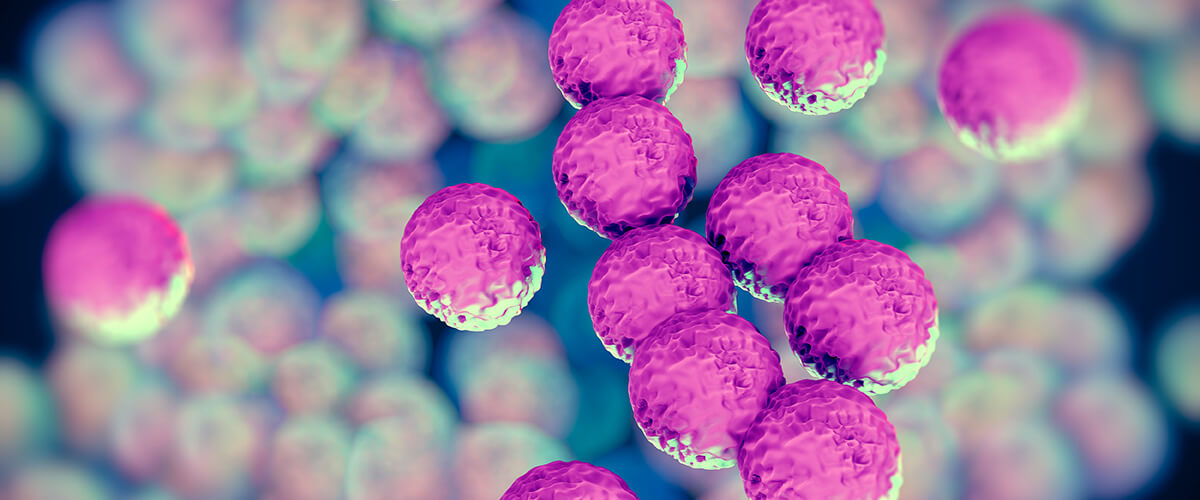Researchers studied the antimicrobial activity of tinctures containing crushed cannabis sativa leaves.
Findings in a new study published in the Journal of Integrative Medicine indicate that the leaves of Cannabis sativa L. plants have antibacterial activity that is effective for fighting against methicillin-resistant Staphylococcus aureus (MRSA).
In the new study, a team of researchers from Saaii College of Medical Science and Technology and the University of Gour Banga in India assessed the anti-MRSA antimicrobial properties of ethanol-based tinctures containing crushed leaves of three types of plants, including:
- Cannabis sativa
- An evergreen coniferous tree called Thuja orientalis
- Common guava (Psidium guajava)
The researchers tested the antimicrobial activities of the leaves using in vitro procedures. They also used biochemical assays and high-performance thin-layer chromatography (HPTLC) to examine the presence of bioactive molecules in each of the leaf extracts.
The researchers found that 50 percent extract of each of the three leaf extracts were effective at inhibiting the growth of MRSA when administered individually, but the effects were more profound when leaves of Cannabis sativa were used in a 1:1 mixture with leaves of Thuja orientalis.
“Ethanolic extract of C. sativa alone and in combination with T. orientalis provided two potential therapeutic agents for use against MRSA infections,” the researchers concluded.
They also found greater MRSA inhibitory effects when Psidium guajava was combined with Thuja orientalis.
The researchers explained that the synergistic effect of the combination of leaves “was probably due to the combined inhibitory effects of phenolics present in the leaf extracts (i.e., quercetin and gallic acid) and catechin, as detected by HPTLC.”
Full text of the new study, “Antimicrobial activity of Cannabis sativa, Thuja orientalis and Psidium guajava leaf extracts against methicillin-resistant Staphylococcus aureus,” is available through Science Direct.

What is MRSA?
MRSA is a type of staph bacteria that causes life-threatening infections in different parts of the body. Often referred to as a “superbug,” MRSA is difficult to treat because it’s become resistant to many antibiotics used to treat staph infections, including methicillin, penicillin, oxacillin, and cefoxitin.
Most MRSA infections develop in people who have been in hospitals and other types of health care centers, such as dialysis centers and nursing homes. These health care-associated MRSA (HA-MRSA) infections are often associated with invasive procedures.
MRSA can also spread by living in unsanitary and crowded conditions, and by cuts and abrasions through skin-to-skin contact.
Symptoms of MRSA often include an infection site that resembles a spider bite, or red bumps that look like pimples or boils.
MRSA has become resistant to antibiotics over the years due to unnecessary antibiotic use. The surviving germs quickly learn how to resist the antibiotics, making them even more difficult to treat later on.
According to the Centers for Disease Control and Prevention, there were more than 80,000 invasive MRSA infections and 11,285 related deaths in 2011. Overall rats of invasive MRSA have dropped by 31 percent, however, between 2005 and 2011.
Latest Cannabis Studies
You can always stay up-to-date with the latest cannabis research on our news feed.






